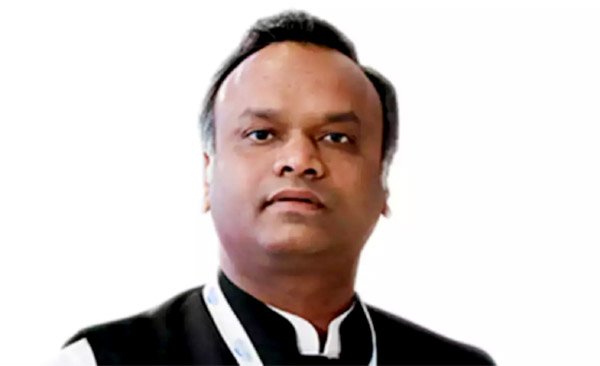Bengaluru, April 17 (UNI) In a heated exchange of words, Priyank Kharge, a senior Congress leader and Karnataka minister, responded to Union Minister Anurag Thakur’s recent assertion that the BJP is contesting for 400 seats, contrasting it with Congress’s battle for just 40 seats in the upcoming Lok Sabha election.
Kharge retorted sharply, questioning Thakur’s understanding of the BJP’s alliance strategies across India. “If the BJP is so assured of their victory, why do they seek alliances across states like Tamil Nadu, Karnataka, and Maharashtra? Let them face the elections independently,” the senior Congress leader challenged.
He further added, “Mr. Thakur seems to be in a dreamland. Their seat count won’t even cross 200.”
Thakur, at Kishtwar in Jammu and Kashmir, had said that the BJP is fighting a battle of 400 seats and Congress of 40 seats.
Replying to BJP MP Tejasvi Surya’s statement that Karnataka Congress is getting inspired by DMK’s anti-Hindu politics, Kharge accused him of sidestepping crucial issues concerning Karnataka by emphasising ‘Santana Dharma’ or Hinduism. He called upon Surya to address the tangible problems affecting the state.
“Tejasvi Surya has shown expertise in escaping from emergency situations, be it on a plane or when confronted with pressing questions,” remarked Kharge. “Instead of dodging issues, Mr. Surya should account for his contributions to Karnataka’s progress.”
Kharge’s criticism comes in the wake of an incident during an election campaign where investors who lost money in the multi-crore scam confronted and heckled Surya last Sunday.
The Minister highlighted key concerns, such as the devolution of taxes, inadequate flood relief funds, the Guru Raghavendra Bank scam, and the sluggish implementation of startup programs and Make-In-India initiatives in Karnataka.
The political sparring between Kharge and Thakur signals the escalating rhetoric as Karnataka approaches the elections. While Thakur’s comments project BJP’s electoral confidence, Kharge’s counterarguments emphasise the need for accountability and a focus on substantive governance and development issues.











